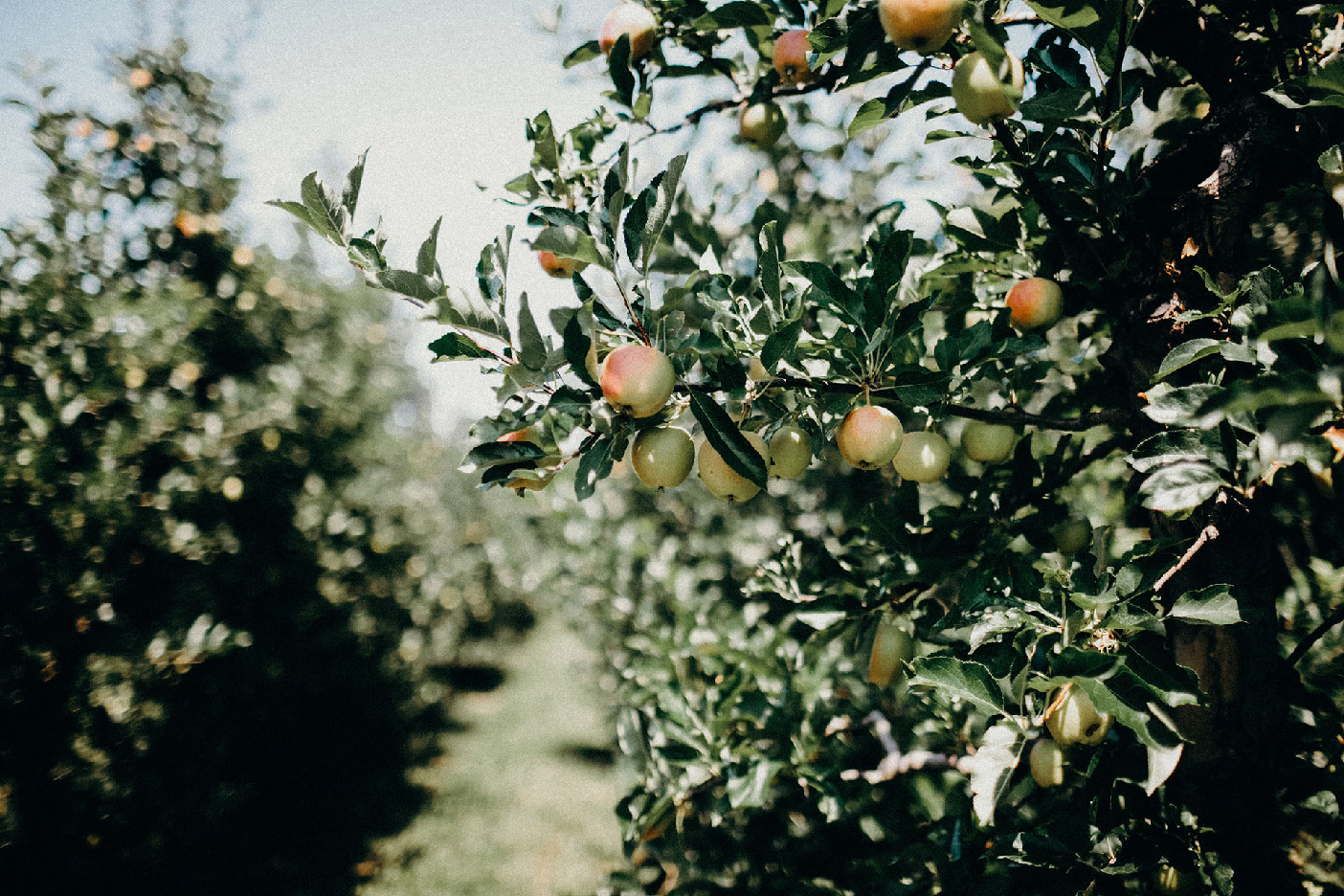The compost is a natural fertiliser produced from the controlled decomposition of organic matter. This process results in a 100% natural organic fertiliser, with an earthy texture and black colour, free of unwanted odours.

What is the compost used for?
The compost's distinctive characteristics make it an unrivalled ally in improving soil fertility and crop health. Its value transcends simple nutrient supply; compost is an investment in the vitality of our agricultural and agro-ecological environment.
Adding compost to crops has a range of agro-ecological benefits:
Supplying essential nutrients:
The compost enriches soils with essential nutrients, nourishing crop vitality.
Soil optimisation
Improves the soil's ability to exchange nutrients, enhancing the efficiency of nutrient uptake by crops.
High agro-ecological services
Increase in carbon content.
Improvement of the hydrological cycle. Increased recycling of nutrients and promotion of microbial biodiversity.
Benefits of composting
Compost is very useful for all types of soil. In addition to being produced by recycling organic material, it also has other direct and indirect benefits, both in its production and in its subsequent use:
Physics
- Increases ventilation.
- Improves the speed of water infiltration.
- Increases water retention capacity.
- Improves soil structure.
Chemicals
- Organic matter increases CEC
- Provides N-P-K nutrients.
- Provides carbon and nitrogen for the development of microorganisms.
Biological
- Promotes mycorrhizae.
- Increases the activity of microorganisms.
- Can reduce the activity of pathogens.
- Increases the number of earthworms.
Environmental
- Recycling of organic waste.
- Reduction of soil erosion.
- Fixation of carbon in the soil.
The applications of compost are numerous and thanks to its properties and its organic origin, it is an environmentally responsible product that promotes plant growth.
At the same time, its production allows us to revalue the amount of organic material waste produced by our society.
Compost is the best ally of farmers and gardeners, and it is also suitable for domestic use.




